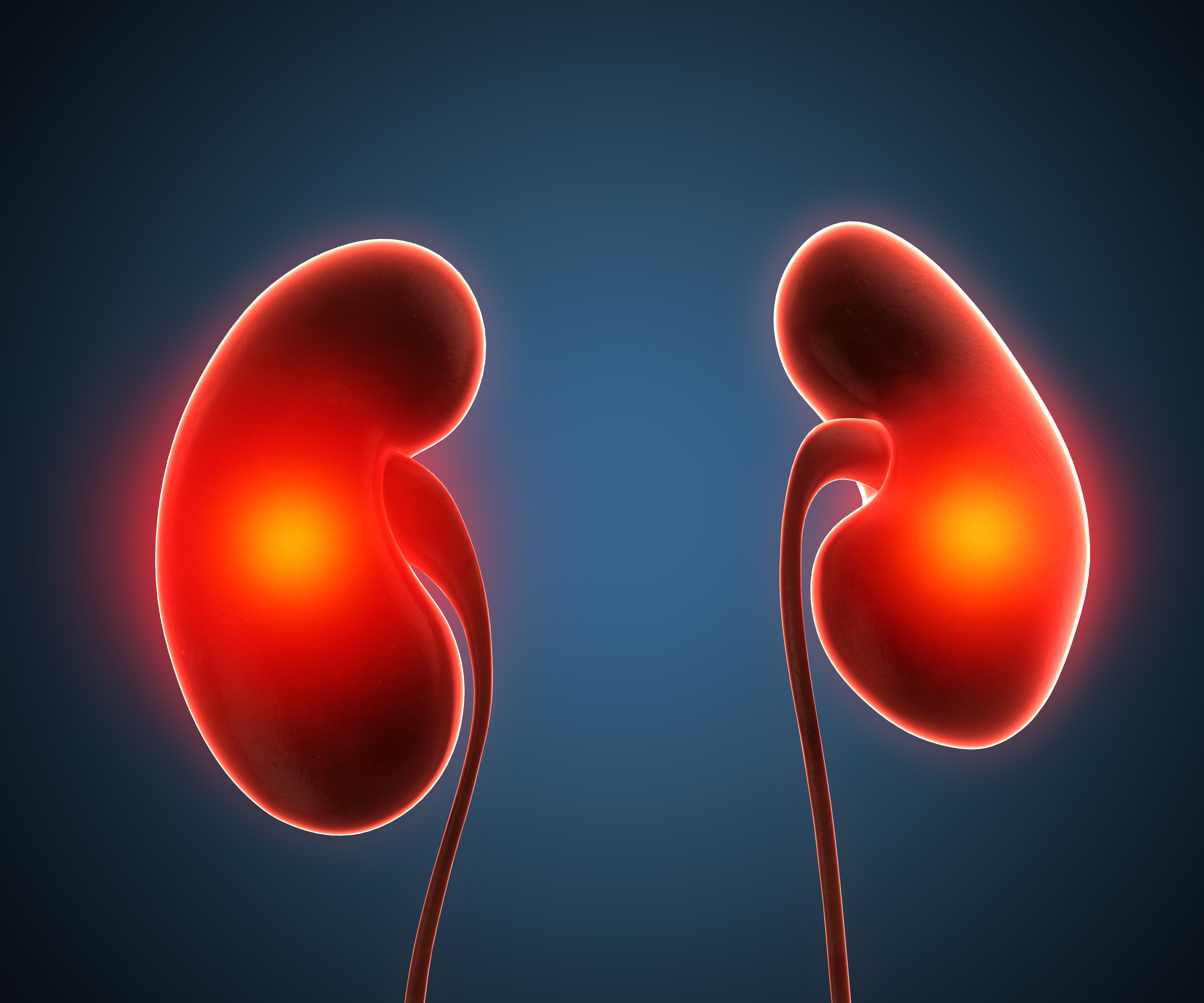Article
Thanksgiving in the United States, Shaking Off the Negatives
Author(s):
This week, the people in the United States take their turn at giving thanks. We, in Canada, did this last month – the first Monday of October every year. It’s nice to pause and give thanks at least once a year, but I think we should be doing it all year long.
This week, the people in the United States take their turn at giving thanks. We, in Canada, did this last month — the first Monday of October every year. It’s nice to pause and give thanks at least once a year, but I think we should be doing it all year long. Not enough of us do, including myself.
Sometimes the need for the regular everyday thanksgiving comes when you encounter a really negative person. If it’s a coworker that negativity can rub off, causing a toxic work environment. As nurses working in a toxic environment can, and often does, affect how we are with our patients.
I find myself, more and more, wanting to shake these Negative Nellies or Negative Nicks (sorry to any Nellies or Nicks reading this — they were the first two “N” names I thought of!) and say, “Hey! We all have problems, we all have things we’re worried about. But look around you. We also have a lot to be grateful for.” I know it’s not always that easy, but we really are lucky in our part of the world.
Working with negative patients is more difficult. Most of the time, they’re sick or hurting, but they also may be scared or angry — or both. While it’s nice to take care of patients who are pleasant and thankful, life isn’t always like that. It takes a lot of patience to work with negative patients and sometimes it feels like they’re stepping on our last nerve. Maybe this is one of the best times to be thankful – thankful that we’re not in their shoes, lying in that bed, or waiting for that diagnosis.
That’s not to say that I’m never negative. I’ve done more negative griping than my share, I’m sure. But luckily, I’m usually able to pull myself out of it when I realize what my complaints are compared to the millions in the world who don’t have a tiny bit of what I have. I was able to get a first rate education and my children are getting one too.
I was able to have food on the table and books to read. Millions of people, especially women, don’t know how to read and are forbidden the right to an education. They have to work long hard hours to get food on their tables, as they hope for a better life for their children.
I got to see my children grow up without the fear of war. Sure, we had a few glitches. Even some Canadian children were frightened during the events of 9/11, but the true fear like my parents felt in the Netherlands during World War II — my children and I never had to experience that.
As much as we complain about medical care in Canada — I have it. I don’t have to worry about medical insurance, I don’t have to walk miles, days, to the nearest village where there may be a visiting nurse. I don’t have to watch my children die because of lack of medicine or clean water.
I am so very lucky. And even when working on the floors, in the units, in hospitals and out, we are still very lucky. We are chosen to take on a profession that allows us to help others heal or to pass on to the next world. We have chosen to work with the people who truly need our help. Perhaps we need to take a step back sometimes and realize just what we do have, rather than focusing on what we don’t have.





